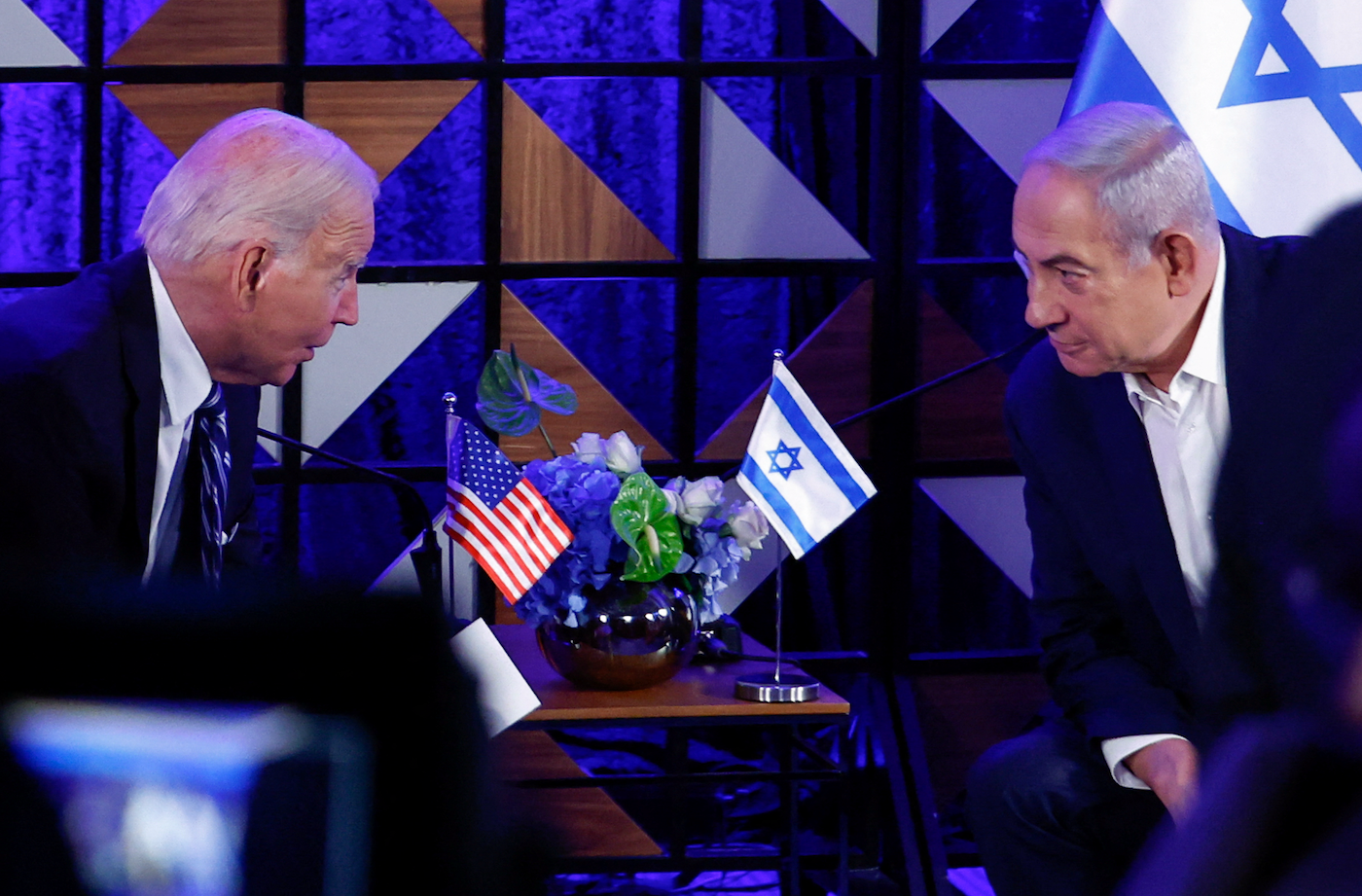Trudeau called the deaths “unacceptable” and said the “world needs very clear answers as to how this happened.” Canada is calling for a full investigation into the incident, and its top diplomat, Mélanie Joly, says Israel needs to respect international law.
"This conflict has been one of the worst in recent memory in terms of how many aid workers have been killed," Biden said. "This is a major reason why distributing humanitarian aid in Gaza has been so difficult — because Israel has not done enough to protect aid workers trying to deliver desperately needed help to civilians.”
These words marked some of the harshest criticism of Israel from Biden since the Hamas attacks on Oct. 7. But even as Biden urges Israel to do more to protect civilians, his administration continues to supply the Jewish State with arms.
Even as tensions grew between the White House and Netanyahu over his plans to invade Rafah, the Biden administration authorized the transfer of thousands of bombs to Israel last month – including 1,800 MK84 2,000-pound bombs – as well as 25 F-35A fighter jets and engines. The administration is now urging Congress to approve the sale of $18 billion worth of F-15 fighter jets to Israel.
Biden’s balancing act. There’s a disconnect between Biden’s increasingly sharp criticism of Israel and his resistance to calls for changes in US policy toward the Jewish State. A number of prominent Democrats are urging the US to condition military aid to Israel, as words have not been enough to shift Netanyahu’s approach to Gaza so far. But Biden is seemingly reluctant to embrace drastic shifts in policy, even as he faces criticism from progressives, likely because he wants to avoid angering pro-Israel voters and lawmakers. He’s also been a strong supporter of Israel throughout his long career in Washington, and the US-Israel relationship is likely to remain robust long after the Gaza war end.
Still, Biden’s rhetorical rebuke of Israel may not be enough to appease voters critical of ongoing US military assistance, and recent Gallup polling shows that a majority of Americans (55%) now disapprove of Israeli military actions in the enclave.
